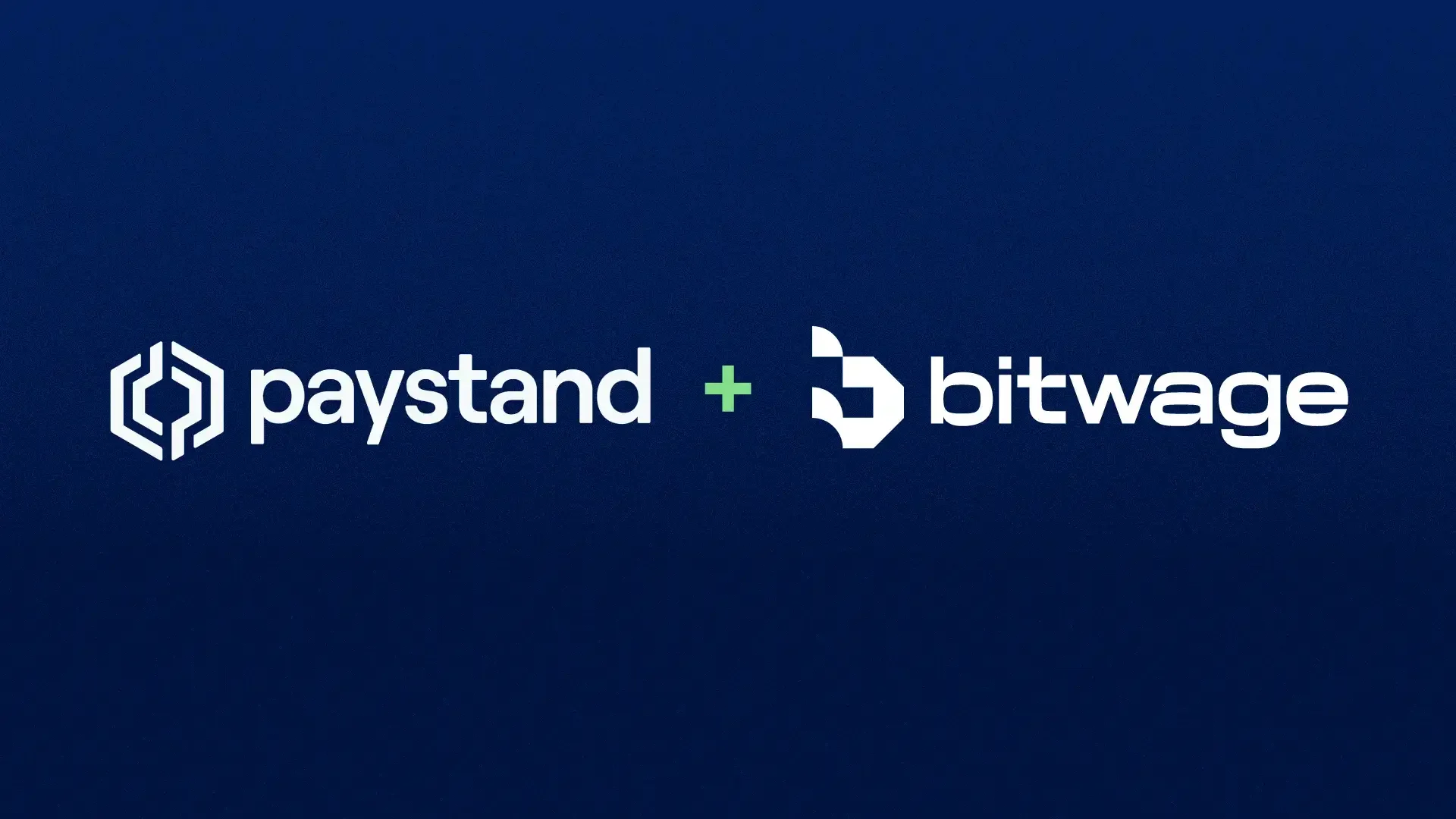Paystand Acquires BitWage
In a major move for enterprise finance, Santa Cruz-based Paystand has acquired Bitwage, signaling the next phase of stable-coins moving from crypto fringe toward core B2B infrastructure. In the quiet coastal city of Santa Cruz, a fintech company is trying to rewrite how money moves. Paystand (headquartered there) has announced the acquisition of Bitwage, a platform built around stable-coin-enabled cross-border payouts. The deal is more than just another growth story — it’s a signal that stablecoins are trying to move from crypto niche to the plumbing of global business.
Paystand has already processed more than $20 billion in payments for over 1,000 enterprises and more than a million businesses around the world. Bitwage brings an API-first payout engine supporting USDC, USDT, BTC, ETH and local currencies across nearly 200 countries and working with 90,000 recipients and 4,500 companies. The combined offering: faster global payables on stablecoin rails, always-on treasury and working capital movement, enterprise-grade governance and regulatory alignment — not a crypto experiment but a finance infrastructure play.
Why now? The regulatory environment is shifting. In the U.S., the GENIUS Act, in the EU the MiCA framework, licensing regimes in Hong Kong and Singapore — these are all making stablecoins into a regulated instrument. At the same time, transaction volumes using stablecoins are spiral-ing: more than $9 trillion of activity in 2025 (up 87 % year-over-year), comparable to the throughput of major card networks. All of this suggests that we’ve crossed a threshold where stablecoins might no longer be just crypto slang, but real money with real business utility.
What is a stablecoin?
A stablecoin is a type of cryptocurrency designed to minimize price volatility by being pegged to a “stable” asset — typically a fiat currency like the U.S. dollar, or sometimes a basket of assets. Think of it as a digital token whose value ideally doesn’t swing up and down like Bitcoin when Elon Musk tweets. It lives on blockchain rails, can move globally in minutes (or less), and can be programmable: you can code certain conditions into how it moves or settles.
Pros & cons
Pros:
Speed and liquidity: Stablecoins settle much faster than legacy cross-border payment systems. Paystand + Bitwage aim to move money for global businesses “in minutes, not days.”
Lower fees and intermediaries: Fewer middlemen, less friction. If you’re a CFO tired of banking fees and delays, this is attractive.
Programmability and transparency: On-chain money means you can trace flows, audit them, automate reconciliation. Paystand talks about “programmable money movement” and “enterprise governance.”
Global reach: With coverage in ~200 countries, this infrastructure lets businesses push payments almost anywhere with fewer gateways and conversions.
Cons:
Regulatory uncertainty (still): Although things are improving, stablecoin regulation is new. Any mis-step could trigger major compliance headaches or legal risk.
Underlying asset risk: The “stable” part of “stablecoin” relies on the pegged asset truly remaining stable and liquid — in times of stress that’s not always guaranteed.
Adoption and network risk: You need counterparties, infrastructure integration, internal change management — CFOs and treasurers will have to believe this isn’t just another “crypto” bet.
Technology & governance complexity: Running global treasury automation on-chain is different from legacy systems. The enterprise has to trust the chain, the token, the vendor — Paystand claims they’re ready for it.
In short: Paystand’s move with Bitwage may mark the moment when stablecoins stop being thrown around in blockchain summits and start showing up in board rooms, CFO dashboards and supply-chain finance modules. The true test will be execution: can they deliver the promised speed, compliance and cost savings at enterprise scale? If they do, the way global B2B money moves may look very different in five years.
If you’re curious how this shift could affect treasury teams, global supply chains or your own business finance, check out the full press release.
Looking for more Santa Cruz Works articles on Paystand? Click the link below.


